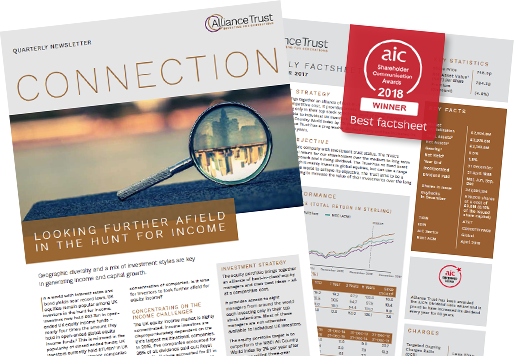Coronavirus: managing the unpredictable
The coronavirus, Covid-19, has increasingly come to dominate news flow in early 2020. The relentless media coverage of this highly contagious virus has, understandably, been very unsettling, even though the number of cases is small in the context of overall populations, and the fatality rate is, mercifully, lower than in other recent health scares such as SARS in 2003.
Black Swan
Covid-19 is a classic “Black Swan” event. It was totally unpredictable but has very quickly come to eclipse everything else that investors were worried about. First and foremost, this is a health crisis and our thoughts are with anyone affected by the virus. There is also an economic consequence to this crisis, however, and this has clearly rattled stock markets in recent days.
In a situation that is highly unpredictable and fast-moving, it is extremely difficult to make accurate forecasts about how this crisis will evolve. Nevertheless, our investment manager, Willis Towers Watson (WTW), has looked back at the impacts of other major pandemics in recent history to draw some conclusions about the likely outcomes.
A short-lived hit to economic activity…
WTW have found that the economic impact of an epidemic tends to be short-lived. Typically, the drag on GDP only lasts for three-to-six months. In terms of magnitude, the impact varies significantly but, on average, GDP tends to be hit by 4-5%.
When considering the specific economic implications of Covid-19, WTW now expects a contraction in global GDP this quarter, driven primarily by China, where a substantial shut down in production facilities has already occurred in the concerted effort to contain the spread of the virus. There will be a knock-on impact through supply chain disruptions in other Asian economies, such as Japan and South Korea, but WTW’s assessment for Europe and the US is for a more modest economic impact.
Looking beyond the current quarter, the contagious nature of Covid-19 and the highly inter-linked nature of the modern global economy, are likely to mean that the current crisis is more lasting than other epidemics of recent history. Even so, WTW’s judgement is that the economic impact of Covid-19 is likely to have dissipated by the end of 2021.
In the meantime, we should expect a policy response to partially offset this hit to growth. This has already started in the form of the rapidly instigated interest rate cuts announced by the Federal Reserve and the Bank of England.
…but with positive longer-term implications?
This policy response may also prove to be a catalyst for some of the longer-term structural changes that WTW has already been expecting. European policymakers cannot follow the Fed in cutting interest rates because they are already at zero. Monetary policy has been exhausted in Europe, so policymakers may look to adopt stimulative fiscal measures instead. Following decades of stagnation, this would finally help to transform the economic outlook for the region.
Meanwhile, following decades of ever closer industrial and financial integration, globalisation has increasingly been under the microscope in recent years. This health crisis has exposed the vulnerabilities of the modern global supply chain which, for all its intricacy, is still only as strong as its weakest link. WTW expect an acceleration of the trend towards simplified global supply chains and the bringing of production back to advanced economies. This should be viewed as a positive long-term development for productivity and output.
What does this mean for Alliance Trust investors?
Declines in global stock markets, such as those that we have seen in recent days, are always unsettling. They are indicative of a large amount of short-term selling. Although nobody enjoys watching the value of their investments fall, from a long-term perspective, it is almost always wrong to join in with the selling.
Indeed, volatility can unearth some compelling future opportunities. There is typically an indiscriminate element to market corrections, with practically everything falling in price. This is because a large proportion of trading volume moves through the futures market, which effectively means an entire index is sold, rather than its individual constituents.
For active stock pickers, this sort of indiscriminate market behaviour provides a fertile ground for opportunities to add value. In the aftermath of the correction, seasoned investors, such as the Alliance Trust’s nine high conviction managers, can take advantage of situations where the selling has led to an increased divergence between price and value.
In short, although volatility is always discomforting, it is during these difficult times that the seeds of future outperformance are sown.






